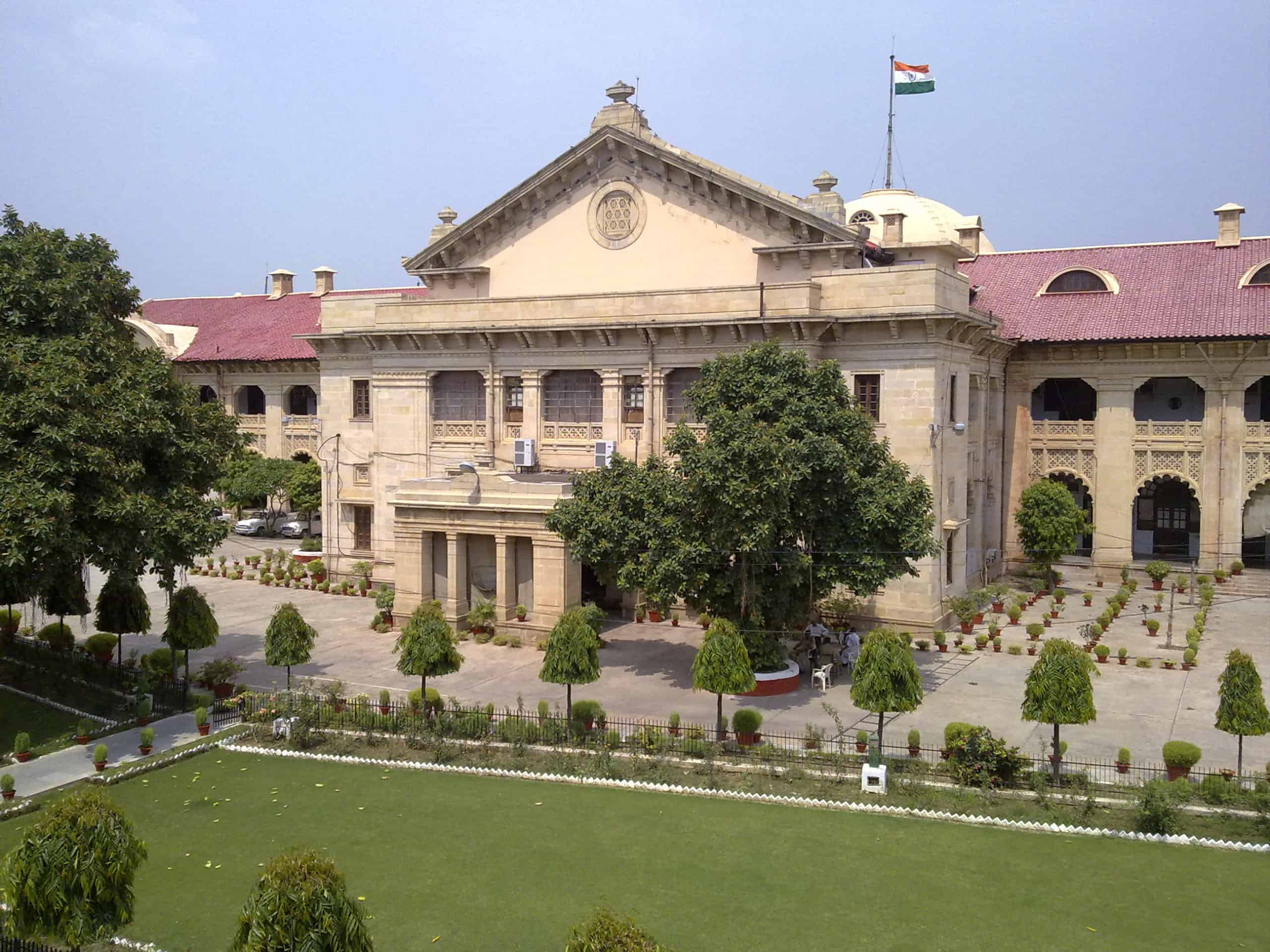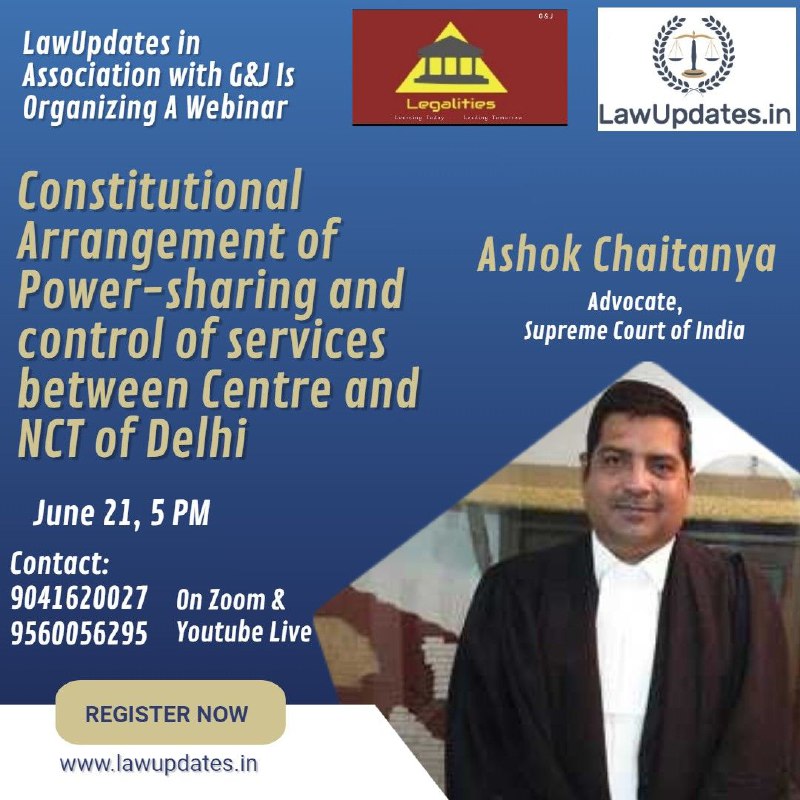The Allahabad High Court recently observed that if a spouse does not allow their partner to have sexual intercourse with them for a long time without a sufficient reason, it amounts to mental cruelty. [Ravindra Pratap Yadav v. Asha Devi]
While dissolving a couple’s marriage on the ground of mental cruelty, a Bench of Justices Suneet Kumar and Rajendra Kumar-IV held,
“Undoubtedly, not allowing a spouse for a long time, to have sexual intercourse by his or her partner, without sufficient reason, itself amounts mental cruelty to such spouse…Since there is no acceptable view in which a spouse can be compelled to resume life with the consort, nothing is given by trying to keep the parties tied forever to a marriage than that has ceased to in fact.”
The Court was hearing an appeal filed by a husband against the order of a family court which dismissed his divorce plea under Section 13 of the Hindu Marriage Act.
He had alleged that after marriage, his wife’s behavior towards him changed drastically, and that she refused to cohabit with him. As per the husband, although they lived under the same roof for some time, the wife voluntarily began to live separately after some time at her parents’ house.
After six months of marriage, when the husband tried to convince her to come back to the matrimonial home to discharge her obligations of marital life, she refused to do so. In July 1994, through a Panchayat held in the village, the couple got mutually divorced after the husband paid permanent alimony of ₹22,000 to the wife.
Subsequently, after the wife re-married, the husband sought a decree of divorce on the basis of mental cruelty and long desertion. However, she did not appear in court despite sufficient service through publication.
The family court proceeded with the case ex-parte and dismissed the husband’s plea, noting that there were no grounds of cruelty to grant divorce.
After going through the facts, the High Court remarked that the family court adopted a hyper-technical approach while dismissing the husband’s case. It observed,
“It is evident from the record that since long, the parties to the marriage have been living separately, according to plaintiff-appellant, defendant-respondent had no respect for marital bond, denied to discharge obligation of marital liability. There has been a complete breakdown of their marriage.”
The Court thus set aside the family court and granted the appellant a decree of divorce.
The appellant was represented by Advocates M Islam, Ahmad Saeed and Azim Ahmad Kazmi.
Source Link




